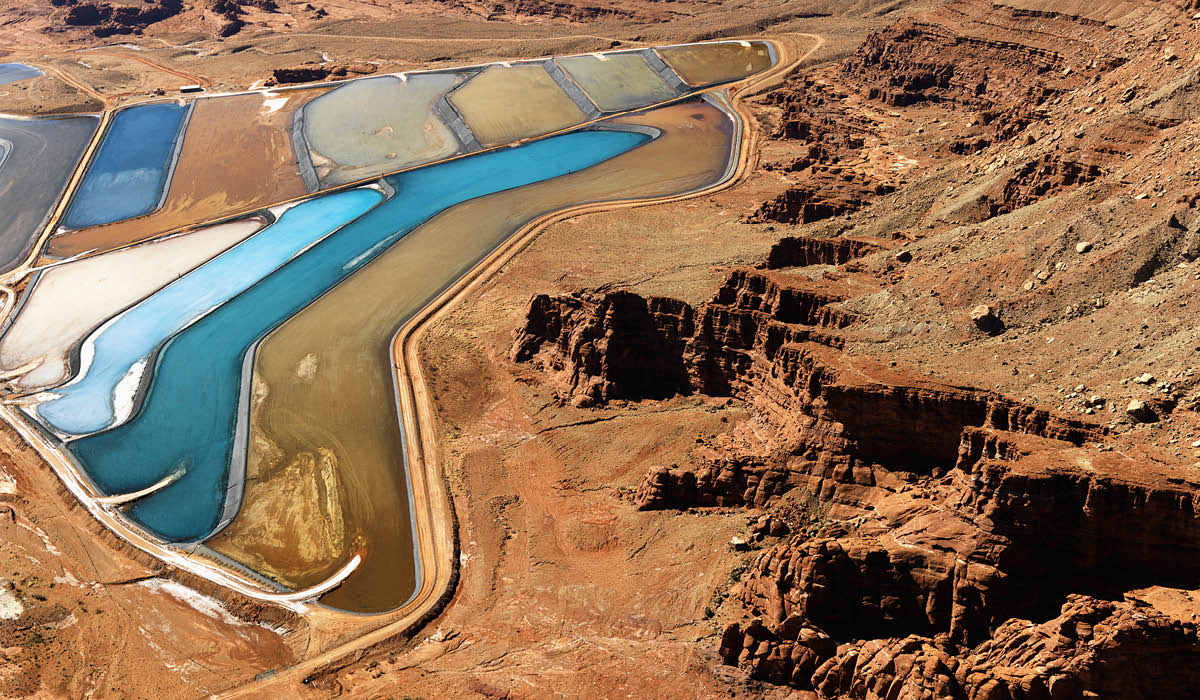Background
Water scarcity can be seen as a remote risk in many places in developed countries, particularly given that around 71 per cent of the surface of our blue planet is covered by water. But only three per cent of the water on Earth is freshwater, and of that, only about 1.2 per cent can be used as drinking water without further treatment. At the same time, demand and the industrial use of water is increasing rapidly, mainly due to population growth, economic development and new consumption patterns. The consequences are that water is a scarce resource and water pollution is worsening, which in turn risks having a negative impact on communities and the environment.
Water-related risks are therefore a pressing and escalating global challenge that will also have significant implications for companies and investors. Some operations are more affected by water risks than others due to their location and/or dependence on large quantities (and/or high quality) of water. It is also usually these operations that have the greatest potential impact on shared water resources. The sectors involved include, for example, food production, the fashion industry, power generation and mining.
In autumn 2023, the Council on Ethics joined the Ceres Valuing Water Finance Initiative, a global investor-led project to encourage companies with a high water footprint to value and act on water as a financial risk and drive the necessary large-scale change to better protect the Earth’s freshwater systems. The project was launched in 2022.
Objectives for the project
A set of expectations for companies regarding their management of water as a resource has been developed. In summary, they concern:
- measures to limit the impact of current operations on water quality and water supply;
- integration of water management into business processes, including board oversight and relevant policies;
- initiatives to ensure access to water and sanitation in the company’s value chains;
- protection of ecosystems, which are crucial to the freshwater supply on which the companies depend.
Outcome 2023
A number of company dialogues were held during the year, and an initial analysis of how the companies are performing based on the stated expectations (The Valuing Water Finance Initiative Benchmark) was published in the autumn. It found that of the 72 companies, 42 were at the beginning of their journey, 19 were on their way and the remaining 11 were on track. No company qualified as a leading company, but several were close.
Next steps
The project is in the process of expanding the number of sectors and companies while continuing the work in the existing company dialogues during 2024.
About the Valuing Water Finance Initiative
Ceres launched an investor-driven project in August 2022 to promote responsible management of shared water resources by companies with large water footprints – also motivated by financial perspectives. Known as the Valuing Water Finance Initiative, it brings together 64 international investors and pension funds that collectively represent USD 9.8 trillion in assets under management. The project aims to encourage companies to value and act on water as a financial risk. At the same time, companies often contribute positively to the accelerating water crisis, protecting water resources on which their operations and global supply chains depend.
Through the project, the Council has access to experts in the field, help with coordination of company dialogues and analysis of the companies’ work related to the expectations expressed. Experts from Ceres also participate in individual company dialogues.
Read more about the Valuing Water Finance Initiative here.




